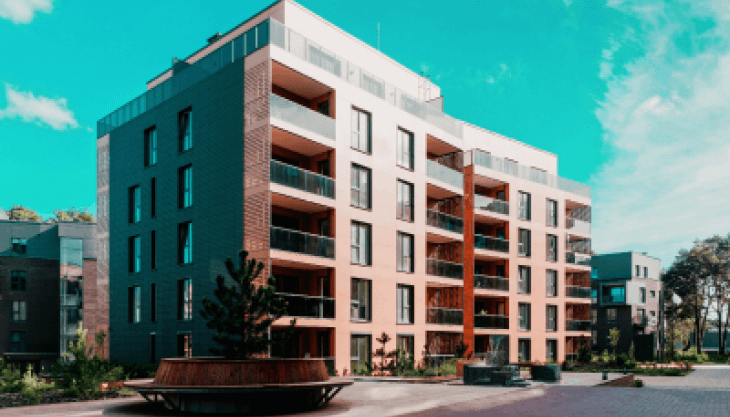Navigating the Complex Protection Landscape of Virtual Computing in Multi-Dwelling Residences
Navigating the Complex Protection Landscape of Virtual Computing in Multi-Dwelling Residences
Blog Article
Cloud computing has become an integral part of our everyday lives, especially in multi-dwelling units like flat buildings and condominiums. These environments often have many residents utilizing the same internet connection and digital resources. While cloud computing provides many benefits, such as easy access to data and software, it also introduces unique security challenges. Comprehending these challenges is vital for residents and building managers to guarantee that their data stays safe and secure.
One of the main concerns in multi-dwelling units is the threat of unauthorized access to confidential information. When numerous users share the same connection, it can be easier for hackers to infiltrate the system. This is particularly true if the network is not properly secured. Residents should be cognizant of the importance of using robust passwords and enabling two-factor verification whenever feasible. Property managers can also assist by ensuring that the building's Wi-Fi connection is protected with encryption and frequently updated security protocols.
Another major issue is information privacy. In a shared this post environment, individual information can be more vulnerable to breaches. For instance, if one resident's device is compromised, it could potentially expose the information of fellow residents on the same network. To reduce this threat, residents should be cautious about the information they share online and be aware of the software they use. Additionally, property managers can establish policies that encourage safe internet practices among residents, such as regular workshops on online security awareness.
Cloud service providers also play a crucial role in ensuring security in multi-dwelling units. These companies are accountable for safeguarding the data stored in their systems. It is essential for residents and building managers to select trustworthy providers that prioritize safety measures, such as data encryption and routine security checks. By selecting trustworthy cloud solutions, users can minimize the threat of data breaches and ensure that their data is managed with care.
Finally, ongoing education about cloud security is essential for all parties involved. As technology evolves, so do the tactics used by cybercriminals. Frequent training workshops and updates on the latest security practices can help residents and property managers stay informed. By fostering a culture of safety awareness, shared units can establish a safer digital environment for all residents. In summary, while cloud computing provides many benefits, it is essential to navigate its complex safety landscape diligently to protect individual information and maintain a secure living space.